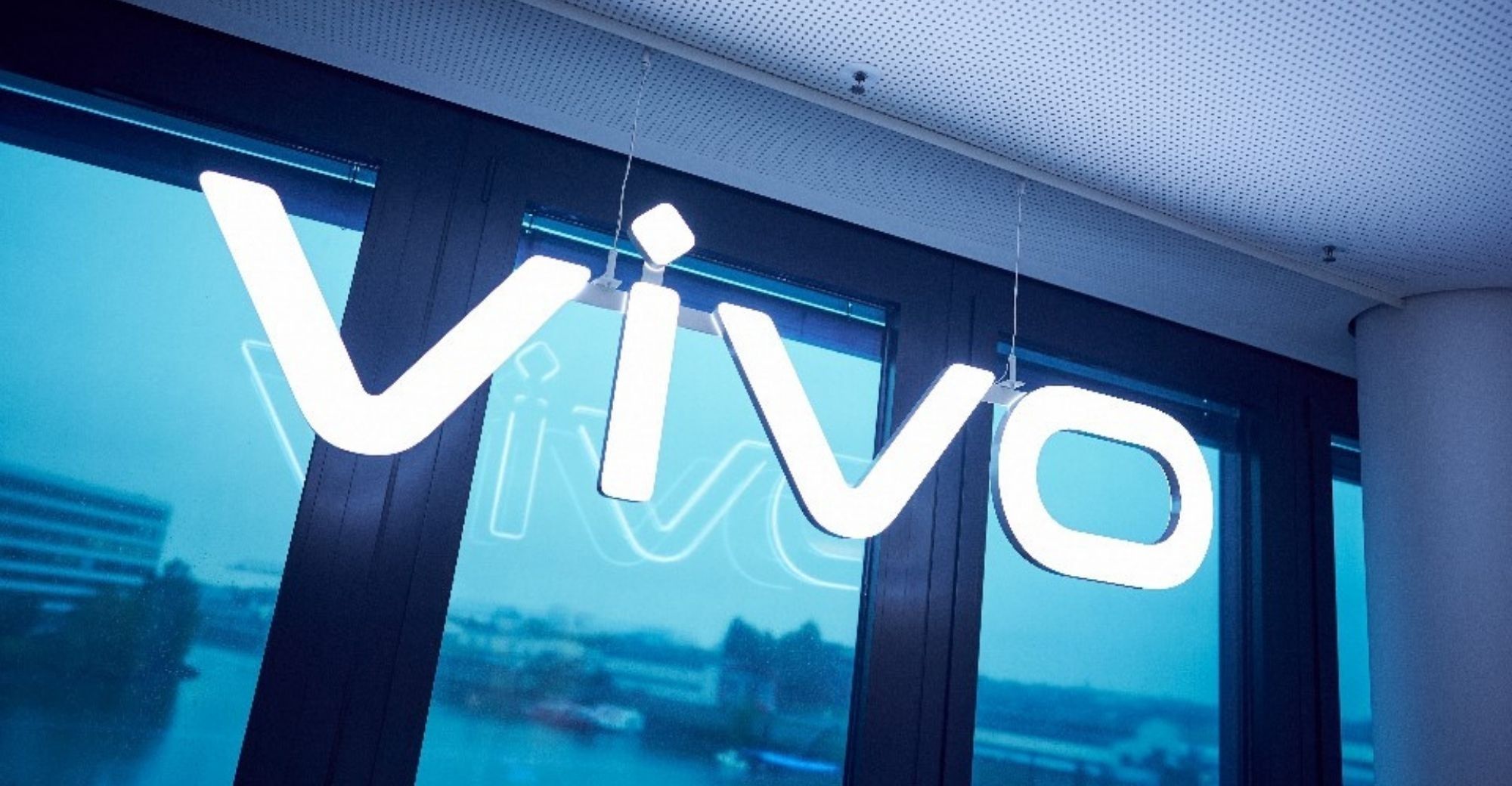Foxconn to Build Joint Venture Chip Factory in Malaysia
Malaysian tech firm Dagang NeXchange Berhad announced on Tuesday that it has signed a memorandum of understanding (MOU) with Big Innovation Holdings Limited, a subsidiary of major Apple supplier and iPhone assembler Foxconn. Under the deal, the two sides plan to set up a joint venture running a 12-inch chip plant in Malaysia.
According to the MOU, the two companies will jointly decide on site selection, project financing structure, initial management structure and key members of the new facility. The planned Malaysian plant is expected to produce 40,000 wafers per month, including those with the size of 28 nm and 40 nm. At present, major chip manufacturers are all expanding their production capacity of 28 nm chips, including Taiwan Semiconductor Manufacturing Company (TSMC), United MicroElectronics Corp and Semiconductor Manufacturing International Corporation.
This move marks another big step forward in Foxconn’s expansion within the semiconductor industry, as well as a key step in increasing its ambitions for electric vehicles. The company owns about 5% of Dagang NeXchange Berhad and has a seat on the board. This also means that Foxconn indirectly controls the 8-inch chip factory owned by Malaysian chip manufacturer Silterra, which is a subsidiary of Dagang NeXchange Berhad.
Before its signing of this MOU, Foxconn announced in February that it would set up a chip factory in India with Vedanta, a local natural resources company. Last year, the firm also acquired a chip factory in the Taiwanese city of Hsinchu to develop silicon carbide (SiC) chips for vehicles.
SEE ALSO: Foxconn Responds to Shutdown of Kunshan Factory
Nowadays, Southeast Asia has become a popular destination for chipmakers to expand their production capacity. For example, multinational semiconductor contract manufacturing company GlobalFoundries is spending $4 billion to expand its production capacity in Singapore, while the United MicroElectronics Corp recently announced that it will spend $5 billion on building another factory in Singapore.






